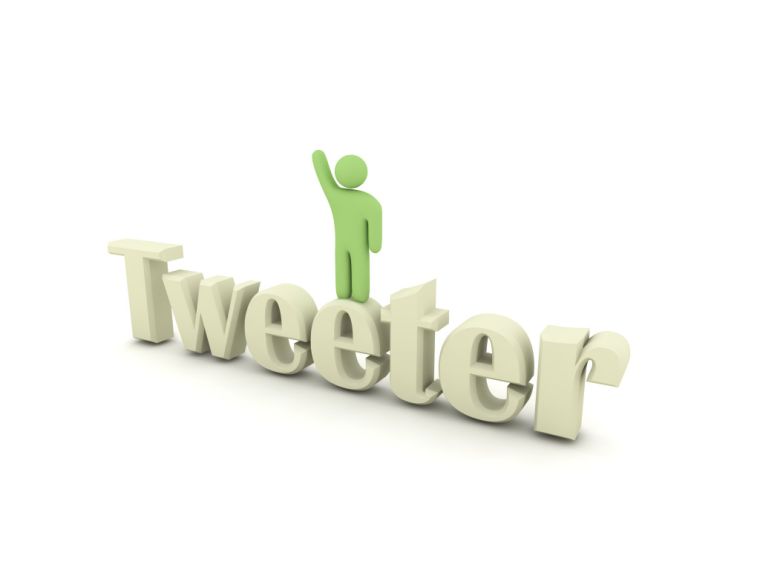Tweeting shares with press, celebrity
March 30, 2011
Twitter seems to be more of a hot topic than usual. Whether it be a celebrity feud, or any of Charlie Sheen’s tweets or even the fake accounts set up for this year’s Washburn Student Government Association president and vice president candidates, Twitter is becoming more of a news maker and not just a means to get people news. Twitter has also been abuzz with discussions of the aftermath of the massive 8.9 magnitude earthquake that devastated parts of Japan on March 11. As news of the earthquake and subsequent aftershocks, tsunamis and nuclear power plant meltdown emerged, the 24-hour news channels scrambled to cover it. Quickly, a tweet from NPR and literary blogger Maude Newton (@maudnewton) went viral. She tweeted, “For news of the disaster, you might prefer streaming Al-Jazeera to watching CNN anchor giggle about Godzilla. http://bit.ly/fpUmFO.” The link sent viewers to video of the Al-Jazeera coverage of the disaster.
This is interesting for two reasons. First, the comment was heavily retweeted, and the sentiment reverberated rapidly around the twitosphere without any verification. In fact, several articles have recently criticized not only Newton, but also all of the retweeters who passed on the information without verifying anything. It turns out, according to the rest of the Internet, that the anchor did not giggle and the only reference to Godzilla was a vague comparison to a monster movie by a correspondent. Secondly, that Al-Jazeera, not normally on most news consumers’ radar, was getting a lot of good press about its thorough coverage.
Twitter has been a spectacular tool for getting up to the nanosecond news – whether it be about the protests in Egypt or what someone had for breakfast. In some cases, Twitter has been the only way to get news from an area that is otherwise inaccessible to traditional media. It has also presented opportunities to get news consumers involved in the conversation.
However, Twitter presents the same problem that is present with all public-generated news content: veracity. Indeed, if something seems credible, any user can retweet it with a click of a button and the real or fake news spreads to any user following the retweeter. This spreads rumors faster than a middle school locker room.
Twitter is a powerful tool that will likely be vital in the changing face media. Twitter is an important tool for citizen journalists to inform the world. What the world needs to keep in mind is that Twitter is the same medium that Charlie Sheen uses to inform us that he is, indeed winning and that the awesome LAPD can protect that Warlock anytime. Twitter is the same medium in which celebrities have their feuds, students complain about teachers and people post LOL Cats photos.
People should use Twitter as a tool to get more information from many more perspectives than the traditional media presents. That said, Twitter is just like any other news source, the information users get from it should be checked for accuracy, honesty and just plain logic.
#winning #fastball



